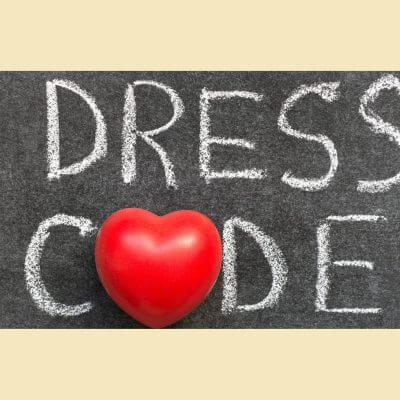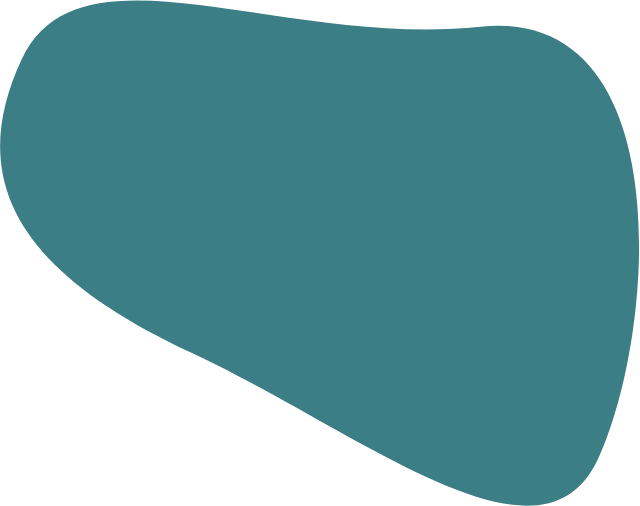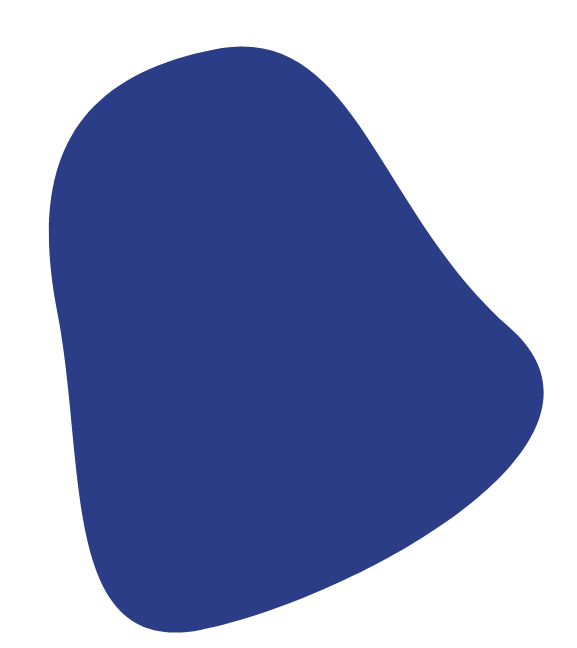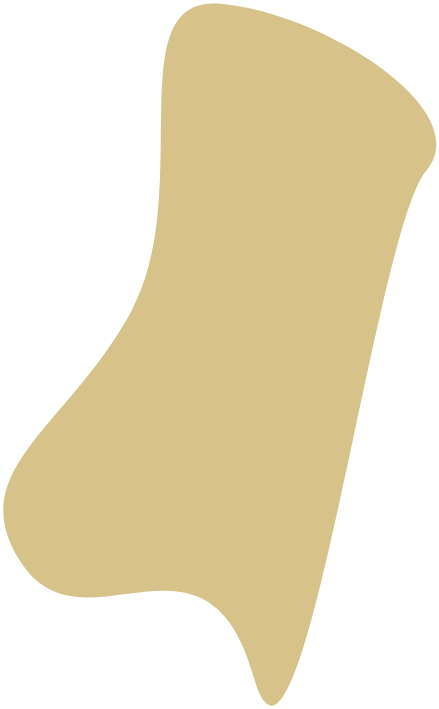
How to dress to your next job interview
Posted on 5M to readEvery wonder what you should wear to your next job interview? We have you covered from head to toe. Find out the does and don’ts for your next job interview.
What to wear to a job interview? This question can be a head scratcher!
First impressions matter, especially in a job interview. Your appearance speaks volumes about your professionalism, confidence, and understanding of workplace culture. Choosing the right outfit can boost your confidence and make a positive impact on your potential employer. But how do you know what to wear? What is the workplace attire? How focused is the workplace on formal business attire? What is their dress policy? How can you know all this without actually going to the interview first? All very good questions.
Today, we will provide valuable tips on what to wear to a job interview, regardless of the industry or company you’re applying to and how to find out what the company culture is when it comes to dress code before the interview itself.






Research the Company Culture:
Before deciding on an outfit, research the company’s culture and dress code. Different industries have varying standards. For example, a creative agency might appreciate a more relaxed, trendy look, while a corporate setting may require a more traditional, formal attire. Understanding the company culture helps you make a more informed decision.
So how do you research? Well, the best and easiest way is to actually ask the question before the job interview. Speak with HR or the recruiter and ask them “What is the company clothing policy?” Listen to what they say and dress accordingly.
You may also be aware of the industry you are working in. Understanding your industry will of course allow you to generalise from one company to another – industry specific work clothes. If where you worked was formal then you can assume the next place would be too.
Lastly, if you know someone working there – just ask them.
Classic Business Attire:
For formal and corporate environments, opt for classic business attire. This includes a tailored suit in neutral colours like black, navy, or charcoal gray. Pair it with a crisp, button-up shirt and a conservative tie for men. Women can choose a well-fitted blazer and a knee-length skirt or slacks. Make sure your outfit is clean, wrinkle-free, and well-pressed.
Smart Casual for Creative Industries:
In industries like advertising, design, or tech startups, a smart casual look might be more appropriate. Men can consider a tailored blazer paired with a collared shirt, dress pants, and loafers. Women can opt for a tailored blouse, skirt or slacks, and stylish flats or low heels. Add a touch of personality to your outfit to show your creative flair, but always keep it professional.
Industry-Specific Guidelines:
Certain industries have specific dress codes. For example, if you’re applying for a job in finance, law, or a similar field, a formal business suit is typically expected. In contrast, a job in hospitality or retail might require a uniform or a specific dress code. Ensure you adhere to any industry-specific guidelines provided.
Pay Attention to Grooming:
In addition to your clothing, pay attention to grooming. Ensure your hair is clean and neatly styled, your nails are well-groomed, and your shoes are polished. Minimal and professional accessories are also a good choice. Avoid excessive jewellry or strong perfumes or colognes.
Consider the Role:
Tailor your outfit to the specific role you’re applying for. If it’s a leadership or managerial position, aim for a more formal look to convey authority and professionalism. For more entry-level or creative positions, a slightly relaxed but still polished outfit might be appropriate.
Always Err on the Side of Formality:
If in doubt, it’s better to be slightly overdressed than underdressed. A well-dressed candidate shows respect for the interview process and the company. It also demonstrates that you take the opportunity seriously.
Remember, dressing for a job interview is about projecting confidence, respect, and professionalism. Your attire should align with the company culture and industry expectations. By following these guidelines and tailoring your outfit to the specific role and company, you’ll be well-prepared to make a positive impression in your next job interview.
My Career Angels…become who you want to be

Every wonder what you should wear to your next job interview? We have you covered from head to toe. Find out the does and don’ts for your next job interview.